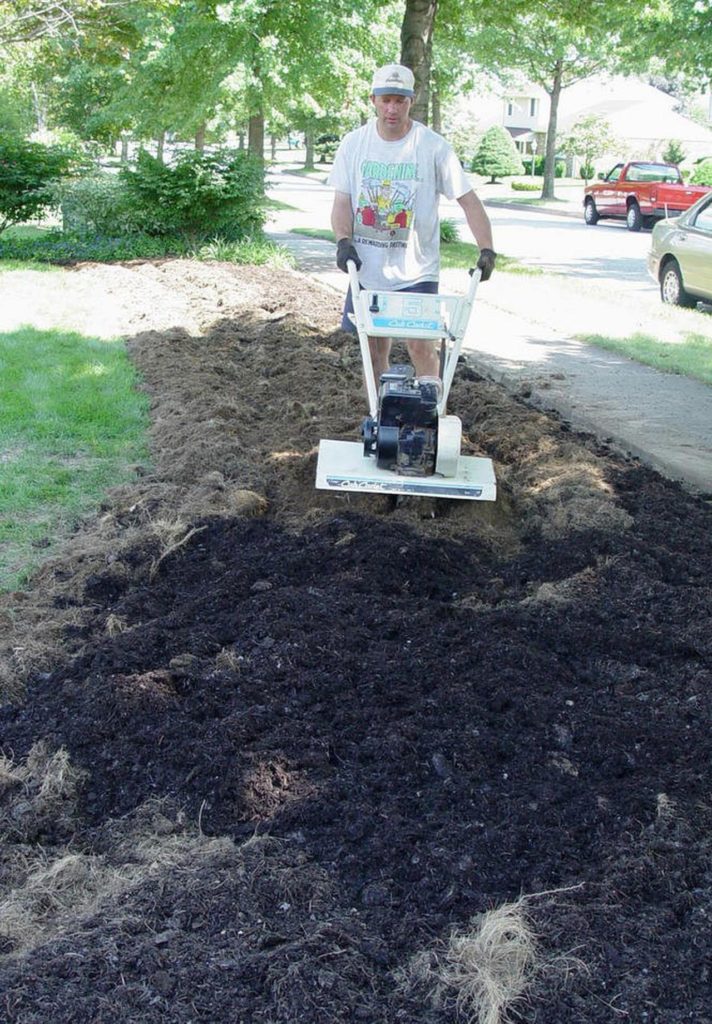Managing your garden waste doesn’t have to be complicated. There are many options available to you, from composting and lawn care to hiring a green waste bin.
Composting reduces greenhouse gas emissions
Composting garden waste can reduce greenhouse gas emissions and help the environment. In the United States alone, composting reduces 168 million tonnes of greenhouse gases each year, equal to the emissions of 33 million passenger cars. In Japan, composting accounts for only 4% of municipal solid waste, while the rest is incinerated or landfilled. By composting garden waste, we can reduce the amount of trash that is sent to landfills by as much as 30 percent.
Composting garden waste reduces greenhouse gasses by sequestering carbon in the soil. The amount of carbon sequestered depends on the type of compost and the type of soil. Higher-quality soil has more potential to sequester carbon than poorly-managed soil.
Composting composted garden waste diverts organic waste from landfills, which results in the release of methane (a greenhouse gas 56 times more potent than carbon dioxide). Composting helps plants and microorganisms grow and absorb carbon from the air.

It saves space in landfills
Managing your garden waste in an environmentally friendly way is not that difficult. It just requires planning and some good practices. This way, you will be saving space in landfills while minimizing the amount of waste that you create. To achieve this goal, you will need to separate food waste from garden waste. This includes dead plants and clippings as well as organic matter. This waste is not only reusable but is also rich in carbon.
According to the World Wildlife Fund, 1.3 billion tons of food waste end up in landfills each year. By composting yard waste, you can reduce this amount and prevent the need for harmful fertilizers. Yard trimmings make up about 10.5 million tons of trash in landfills every year. By composting yard waste, you can eliminate the need to dispose of them in landfills.
Garden waste is a valuable source of nutrients for plants and animals, and composting is an excellent way to reduce landfill waste. Composting your yard waste is an environmentally friendly method that reduces greenhouse gas emissions. You can even turn yard waste into garden fertilizer by composting it. It will also help you reduce the amount of municipal solid waste in landfills.
It reduces greenhouse gas emissions
Composting organic materials, such as garden waste, can reduce greenhouse gas emissions and help the environment. It can be done at home or at a local transfer station, and it can reduce the amount of trash sent to landfills. The process of composting also benefits the environment because it stores biological carbon in the soil for long periods of time, reducing the amount of CO2 emitted into the atmosphere.
Garden waste can also be used as a soil conditioner and organic fertilizer. However, it is difficult to compost garden waste fully due to its high C/N ratio and lignocellulose content, making it resistant to microbial attack. It can be co-composted with other materials to speed up the composting process and improve the quality of the compost.
Composting is particularly beneficial when the temperature is below 45 degC. This is because the optimum temperature for nitrifying bacteria is lower than this. The process is also beneficial for the environment, as it reduces the need for fertilizers and the need to use water. Composting also helps to reduce the number of methane emissions and carbon pollution.
It is an eco-friendly method of managing yard waste
By composting your garden waste, you are contributing to a greener environment and reducing organic waste going to landfills. You will also be helping the health of your lawn by returning nutrients back to the soil. And, you can reduce greenhouse gas emissions by diverting yard waste from landfills. Composting is a natural process whereby organic matter is broken down into dark, rich humus. This nutrient-rich material can be used as a soil amendment, enhancing the growth of plants, shrubs, and houseplants.
To compost your garden waste, you first need to separate it. Separate your garden waste into two categories: green waste and food waste. The green waste category includes dead plants and clippings. Moreover, it also includes large amounts of soil. You can find recycling facilities in your area.
When you compost your garden waste, you are recycling it at the same time. Yard waste can be used to create fertile organic matter that can be used to feed the soil. This method can also help control the volume of garbage you produce. Moreover, composting yard waste will help prevent pollution and other health impacts.
